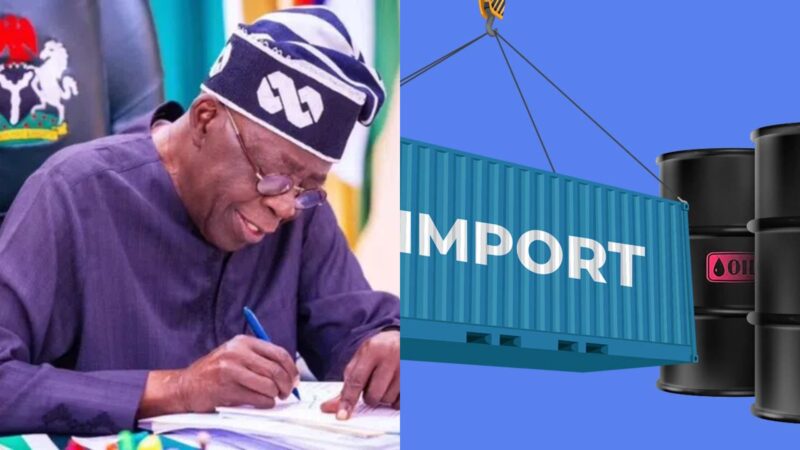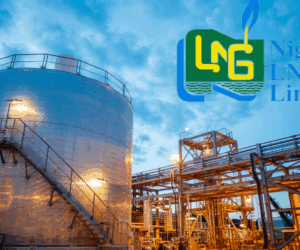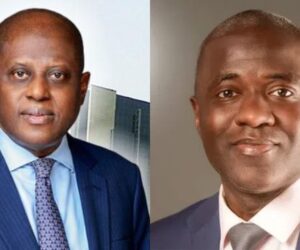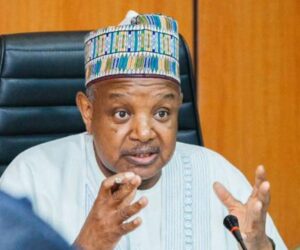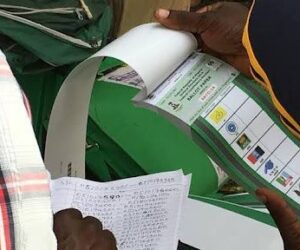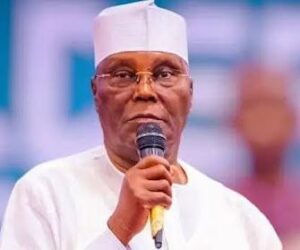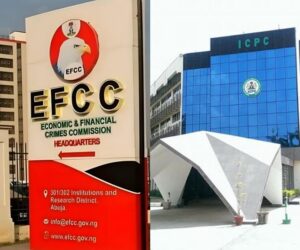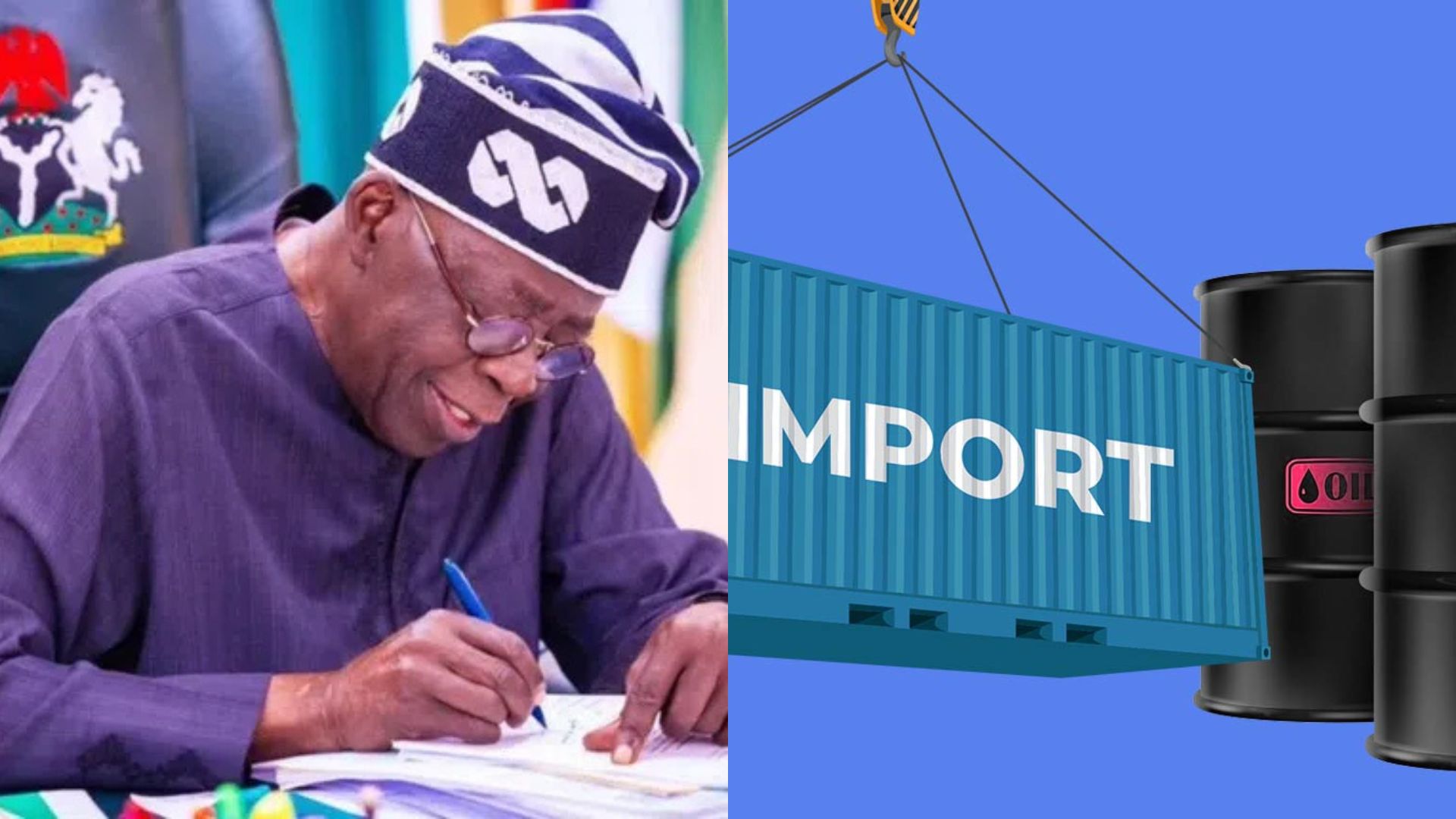
President Bola Tinubu has approved a new 15% import duty on petrol and diesel, a move expected to raise the landed cost of imported fuel and possibly lead to higher pump prices nationwide.
The decision, confirmed in a letter from the presidency, marks a major shift in Nigeria’s energy policy as the government moves to protect local refiners and reduce reliance on imported petroleum products.
According to a memo from Federal Inland Revenue Service (FIRS) Chairman Zacch Adedeji, the 15% tariff will be applied to the cost, insurance, and freight (CIF) value of imported petrol and diesel.
The proposal, which aims to align fuel import prices with true market value, was endorsed by Tinubu and communicated to relevant agencies in a letter signed by his private secretary, Damilotun Aderemi, and dated October 21, 2025.
ALSO READ: FG says state revenues have doubled since fuel subsidy removal
Adedeji explained that the initiative was designed to advance Tinubu’s “Renewed Hope Agenda” for energy security and economic stability.
“The core objective is to operationalise crude transactions in local currency, strengthen local refining capacity, and ensure a stable, affordable fuel supply,” Adedeji said in his memo.
He warned that disparities between locally refined fuel prices and import parity benchmarks have fueled market volatility and discouraged private investment in domestic refining.
Nigerians may pay more for petrol
Projections attached to the presidential approval indicate that the 15% import duty could increase the landing cost of petrol by about ₦99.72 per litre.
“At current CIF levels, this represents an increment of approximately ₦99.72 per litre,” the memo reads. “Even with this adjustment, estimated Lagos pump prices would remain in the range of ₦964.72 per litre ($0.62), still significantly below regional averages such as Senegal ($1.76), Côte d’Ivoire ($1.52), and Ghana ($1.37).”
ALSO READ: Removing petrol subsidy was hard for me, but I had no other option – Tinubu
The government, however, insists that the move is not intended to hike fuel prices but to create fair competition between importers and local refiners, such as Dangote Refinery, which has begun producing diesel and aviation fuel.
According to Adedeji, “duty-free fuel imports have been undermining local refineries. This new tariff will promote a level playing field and encourage sustainable operations.”
Policy aligns with refinery revival plan
The Nigerian National Petroleum Company Limited (NNPCL) has also expressed optimism that ongoing efforts to revive the country’s refineries will complement the new tariff policy.
In an internal communication titled “Update on Our Refineries,” NNPCL Group Chief Executive Officer (GCEO), Bayo Ojulari, disclosed that the company was exploring partnerships with technical equity investors to “high-grade or repurpose” the state-owned facilities.
“The NNPCL remains optimistic that the refineries will operate efficiently, despite current setbacks,” Ojulari wrote.
The 650,000-barrels-per-day Dangote Refinery in Lagos, along with smaller modular refineries in Edo, Rivers, and Imo States, is expected to help close the supply gap once they reach full capacity.
Currently, imported petrol still meets about 67% of Nigeria’s domestic demand — a dependence the government says must end to achieve energy self-sufficiency.

